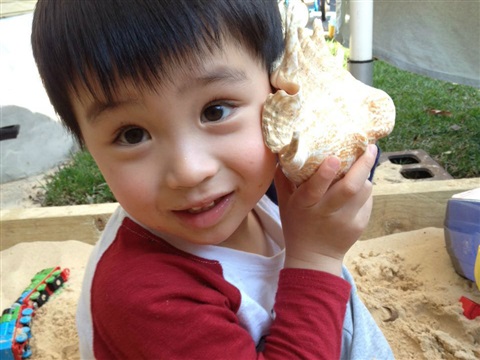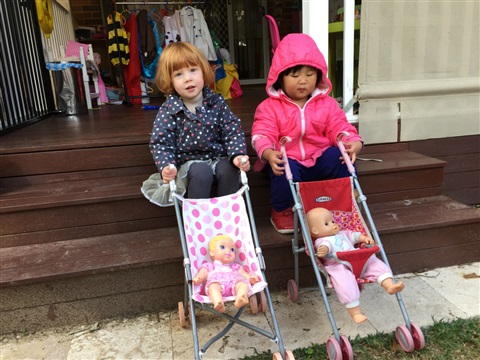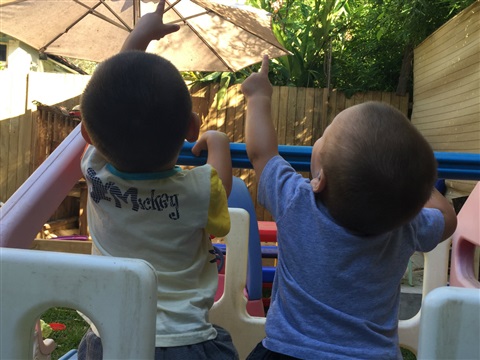Happy Feet Family Day Care
Philosophy
At Happy Feet Family Day Care, we believe that children learn through play. We endeavor to provide a secure, welcoming, interesting, loving and nurturing learning environment for children to explore and discover the world around them.
Diversity and inclusive practice:
- We recognise the significance of cultural diversity within Australian culture and respect diversity.
- Each family’s cultures, customs, languages, values and beliefs should be respected and embedded within the program.
- Children will be encouraged to explore a wide variety of cultural learning experiences throughout the day to develop positive attitudes towards similarities and differences.
- Additional support services and specialist equipment should be accessed to support a child with additional needs.
Purpose of a family day care
- We believe the purpose of a family day care is to provide high-quality education and care for children and families.
- The aim of my family day care is to support children’s holistic development and to help them reach their fullest potential by providing an educational and interest-based program and creative learning environment.
- A quality family day care is affordable for families.
Learning environment
- The learning environment promotes feelings of safety, security and belonging for children, families and educators.
- The learning environment is interesting, welcoming, inviting, stimulating, challenging and creative, where children are free to play, learn and explore.
- The learning environment nurtures children's positive self-concept.
- we value the natural environment, both within the service and in the wider community, by embedding sustainable practices in the program.
- we encourage families to bring in recycling household items for children to make art and craft.
- Children are encouraged to reflect on the impact we have on the world.
- The learning environment is the “Third Teacher” (Reggio Emilia, 1998).
Roles of early childhood Educators
- Be an advocate for children.
- Be responsive to all children’s strengths, abilities and interests.
- Use teachable moments to scaffold children’s learning.
- Engage in intentional teaching to promote interest-based learning and implement strategies to extend children’s learning.
- Be a co-learner, learning alongside children, recognising reciprocity.
- Continue my professional development to ensure the best care and educational experiences for each child and to be contemporary in these practices.
- Children and families should have a 'voice' in the program.
- The program is developed with the holistic development of a child central to its delivery and is developmentally appropriate to all children’s needs.
Families
- Families are children’s first and most important influential educators.
- Developing meaningful and trusting relationships between educator and families is essential.
- Families are the most valuable source of information about the child and I aim to incorporate this information into daily programs.
Children
- Each child is unique, capable, and competent.
- Children learn through play.
- Children learn and develop best when exploring their world through stimulating and challenging learning experiences.
- Each child should be encouraged to develop their fullest potential at their own pace.
- Childhood is a time for fun, friendship, adventure and happiness.


